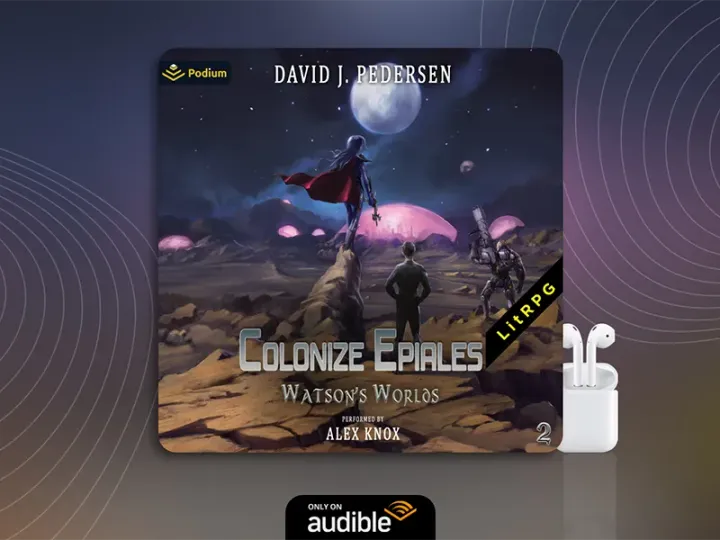The More I Learn About Writing...
I don't love outlining, but it can help keep track of mutliple plotlines.

I learn more about writing with every book. I wrote the ending of my 3rd fantasy novel, Drowning in Angst, years ago. I’ve been editing the rough draft and had to chuckle at the format of those last chapters. Apparently I was still putting a double-space after periods. Pre-editor, old-school, typewriter formatting at it’s finest. Fortunately, that’s not the only thing I learned.
Sometimes writing goes it’s own direction and the build up to my old ending went far beyond what I had originally imagined. Though, I’m amazed that how much of it could be used. If I were a better writer, a more experienced writer, I’m sure plot-lines would come together more neatly. While it’s more fun to write by the seat of my pants (pantsing), I rely on outlining when things get messy or timing is critical.
I have a love-hate relationship with writing from an outline. Who wants to stopper the fresh flow of ideas? So, usually, I don’t. When it feels right, I’ll sometimes write a character or an event into one book with the hope that I can use them later. More madness than science, but a stiff outline doesn’t allow much wiggle room for that.
The rollercoaster of my upcoming third Angst novel could have been a disaster. There were a lot of loose ends from Buried in Angst I needed to tie up, some I needed to tie off, and new threads I needed to add. About two-thirds of my way through book 3, I was in a panic. My book was like holding the end of a horse’s tail, with strands going everywhere. It was time to stop pantsing.
I stopped writing and gave myself time to think. The crystal ball (or memndus stone, in my case) isn’t always so very clear. It took several days to map out where each storyline needed to end, and how they were supposed to get there. Then, I started writing again, and everything fell into place like Tetris at high levels. It came together fast.
No matter how much I learn about writing, there is always room for improvement. Whether it’s ye old double-space-after-periods, or outlining for a fresh perspective, the knowledge helps. I’m still left with one small problem.
What the heck am I going to do in book four?



